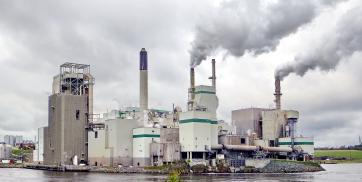Research Digest 016
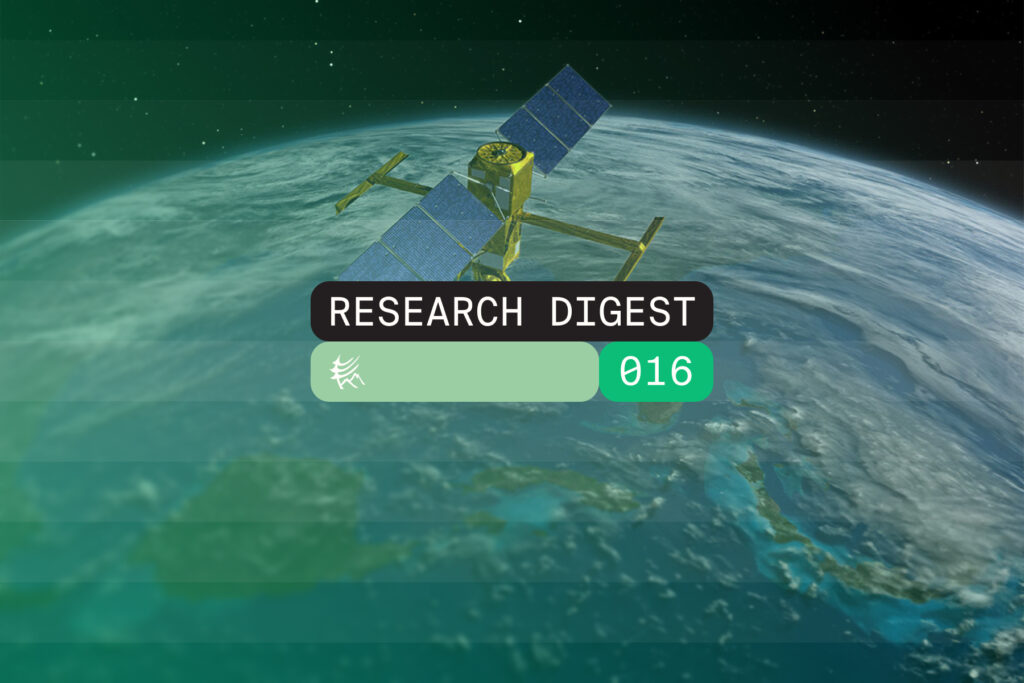
With methane science continuing to advance at a rapid pace, this edition of our research digest summarizes new findings that challenge conventional assumptions and underscore the need for targeted mitigation strategies. Topics include methane intensities, satellite quantification, super emitter detection, mitigation success, LDAR modelling, and more!
The Highwood Bulletin 078
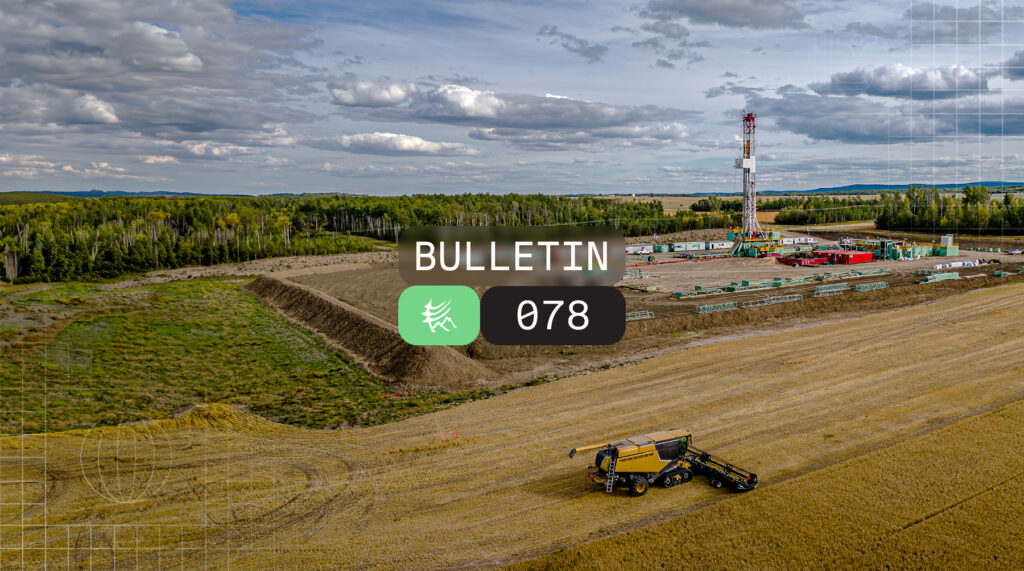
In this month’s Highwood Bulletin, the methane world is serving up regulatory plot twists, feature debuts, and a surprising number of acronyms behaving badly. The EPA has quietly nixed its climate office (nothing to see here?), the EU is rethinking its methane rules mid-game, and everyone just barely survived the OGMP 2.0 deadline. Meanwhile, we’ve […]
New Course Launch: What the EU Methane Regulation Means for International Oil & Gas Producers

The European Union’s new Methane Regulation (EU/2024/1787) is officially here—and it’s changing the rules of the game for oil and gas producers around the world. If your product ends up in the EU market—whether directly or buried deep in the global LNG supply chain—you need to understand this regulation, and fast. That’s why I’ve developed […]
Research Digest 015
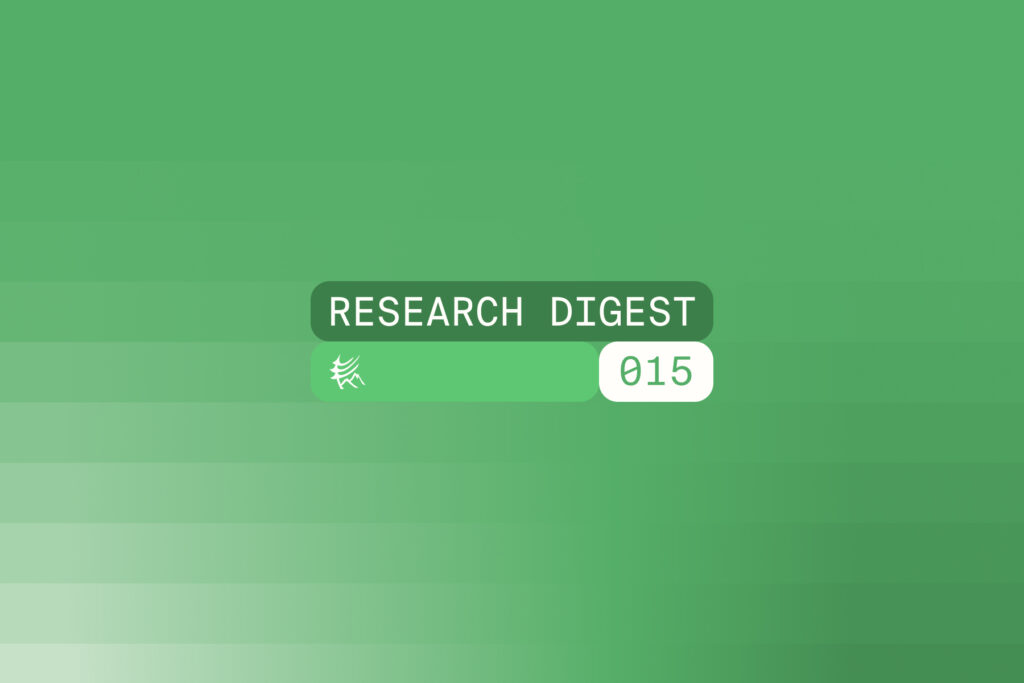
With methane management under increasing global scrutiny, this edition of our research digest highlights emerging strategies and evaluation challenges across the natural gas value chain. We explore regional recommendations for methane mitigation in East Asian LNG markets, long-term performance testing of continuous monitoring systems, and the limitations of top-down measurement-informed inventories. Also featured are new insights into drone-based uncertainty analysis, temporal variability in basin-wide emissions, and aircraft-based quantification studies from Romania and West Africa.
The Highwood Bulletin 077

This month in the Highwood Bulletin, I bring you methane drama from satellites to summit rooms, with fewer leaks and more acronyms than ever before. From Chevron’s sky-patrolling robots to Alberta’s multi-million-dollar tech bets, and from space-era snags to EU export headaches, it’s a big month for anyone trying to track, report, or just spell OGMP 2.0 correctly.
A tale of two continents – Insights from CERAWeek and the Methane Mitigation Summit Europe
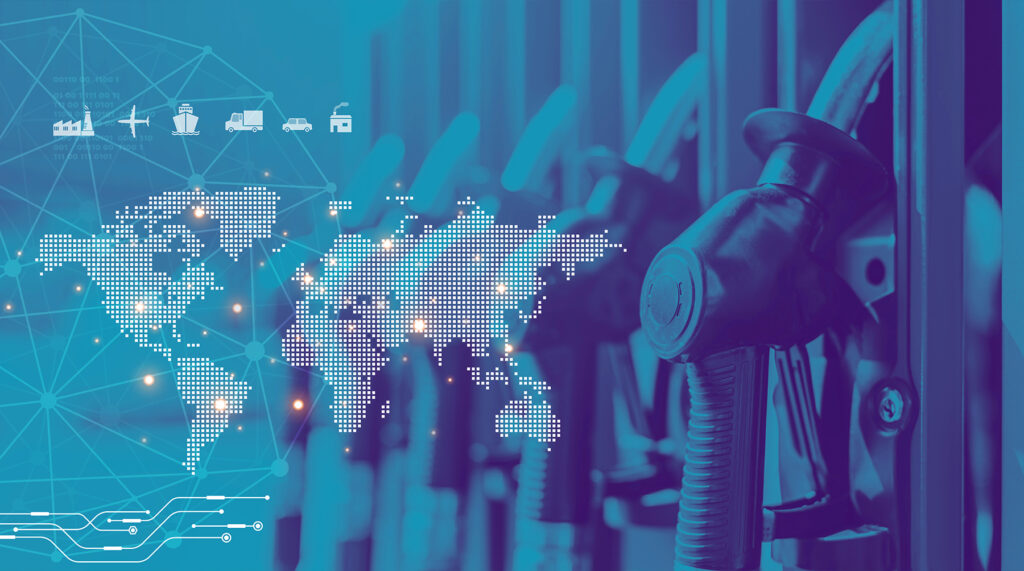
Between CERAWeek 2025, the Methane Mitigation Summit Europe, and recent industry discussions, leaders, regulators, and technology providers are faced with the same challenge: how do we transition from measurement to action in methane management? While Europe pushes forward with aggressive regulatory frameworks like the EU Methane Regulation (EUMR), North America faces a different reality—regulatory rollbacks, […]
The Highwood Bulletin 076
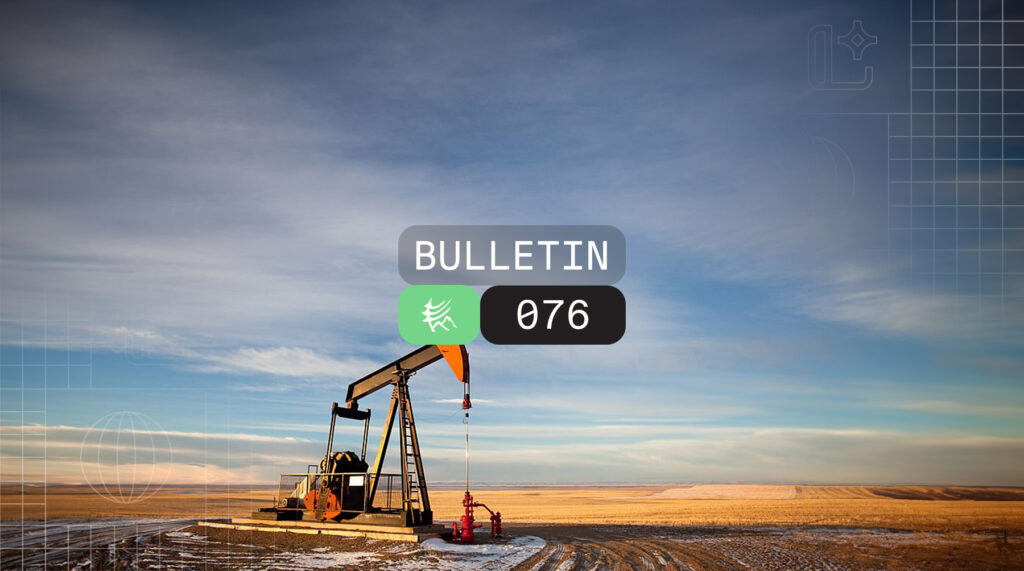
This month in the Highwood Bulletin, I cover the launch of the ASEAN-Korea Cooperation for Methane Mitigation, insights from Highwood’s Houston Innovation Forum, Europe’s methane import rules and US tariffs, OGCI’s new Methane Library, an OGMP 2.0 podcast with Highwood and Project Canary, the SBTi Corporate Net-Zero Standard consultation, and the continued growth of Highwood’s […]
Research Digest 014
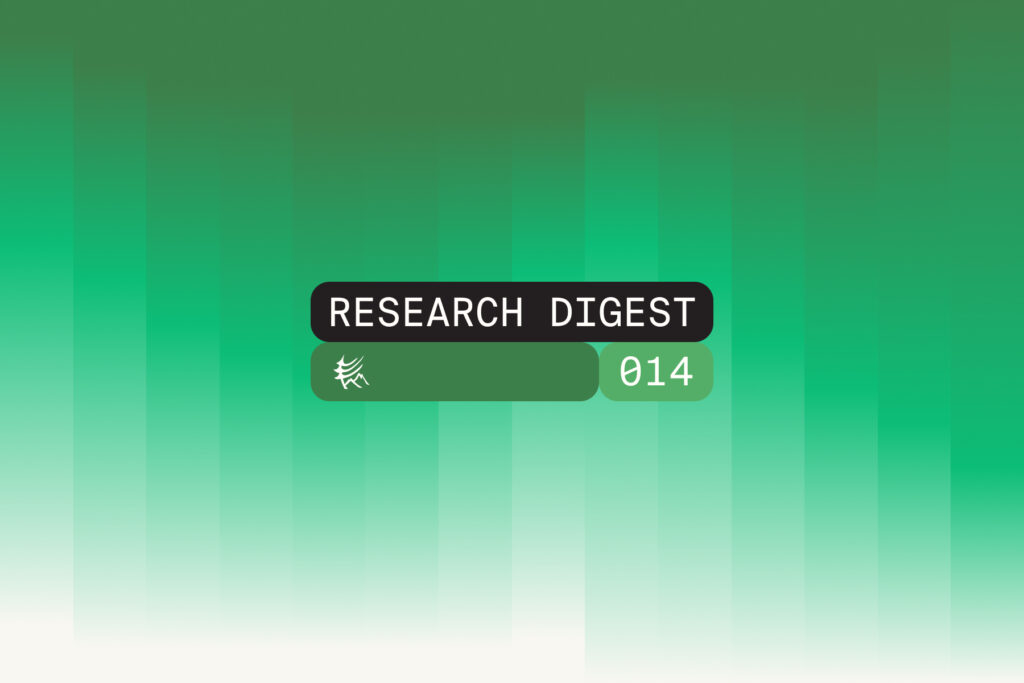
With methane detection technology evolving rapidly, this edition of our research digest brings exciting advancements in AI-driven super-emitter detection, independent satellite validation, and regulatory challenges for methane-intensive industries. We highlight new research on deep learning applications for methane plume detection, improved life cycle assessments for LNG exports, and the latest efforts to reconcile top-down and […]
Insights from the 2025 Highwood Innovation Forum
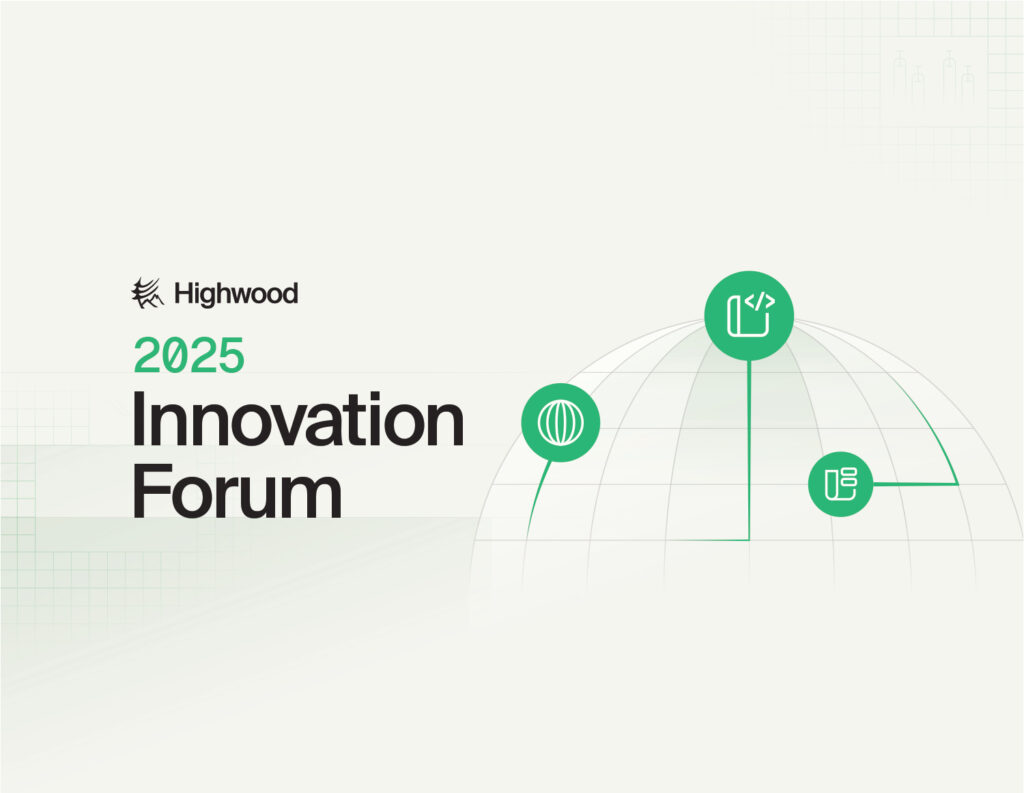
Industry-Led Dialogue on Methane Management The 2025 Highwood Innovation Forum started as a meeting for Emissions Intelligence Steering Committee (EISC) members but quickly expanded due to strong industry interest. Over two days, technical experts and strategic leaders tackled challenges in Measurement-Informed Inventories (MIIs), mitigation, and credible methane accounting. The level of engagement showed that industry […]
The Highwood Bulletin 075

This month in the Highwood Bulletin I cover our launch of EIP, EPA’s super-emitter program, EPA new technology approvals, PHMSA final rule, DOE’s MERP announcement, CDPHE’s top-down factor, Kazakhstan’s big leak, EPA under a new administration, NOJVs, and a new course on reconciliation by Jeff Rutherford. Thank you as always for reading and your support of Highwood. Highwood launches EIP software The O&G […]

